Best Vegan And Cruelty-Free Beauty Guide
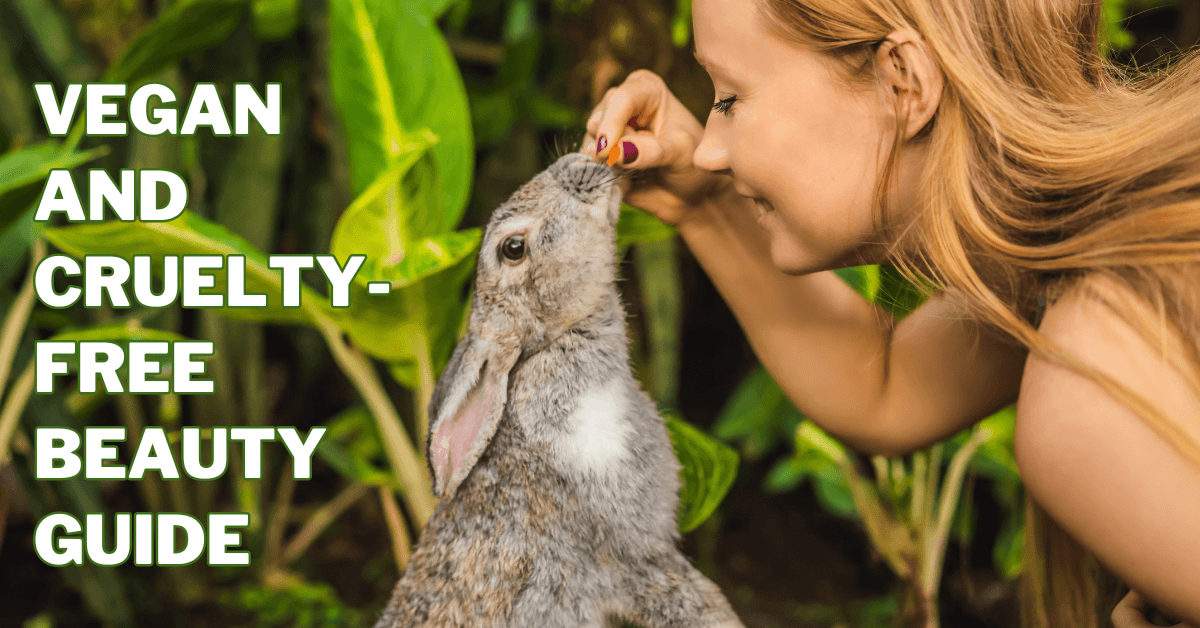
Best Vegan And Cruelty-Free Beauty Guide
Our Vegan and Cruelty-Free Beauty Guide is a beacon in a beauty landscape shifting towards ethics.
Explore the realm where compassion meets cosmetics, where each product enhances beauty while upholding principles of kindness towards animals and the Earth.
A journey through skincare, cosmetics, hair care, and fragrance, discovering botanical wonders and eco-conscious formulations.
Unravel the truth behind labels and certifications, empowering informed choices aligning with your values.
Whether a seasoned advocate or a curious newcomer, this guide illuminates the path to compassionate self-care.
Join us in celebrating beauty's evolution—a world where every purchase fosters a brighter, kinder future for all. Welcome to ethical elegance.
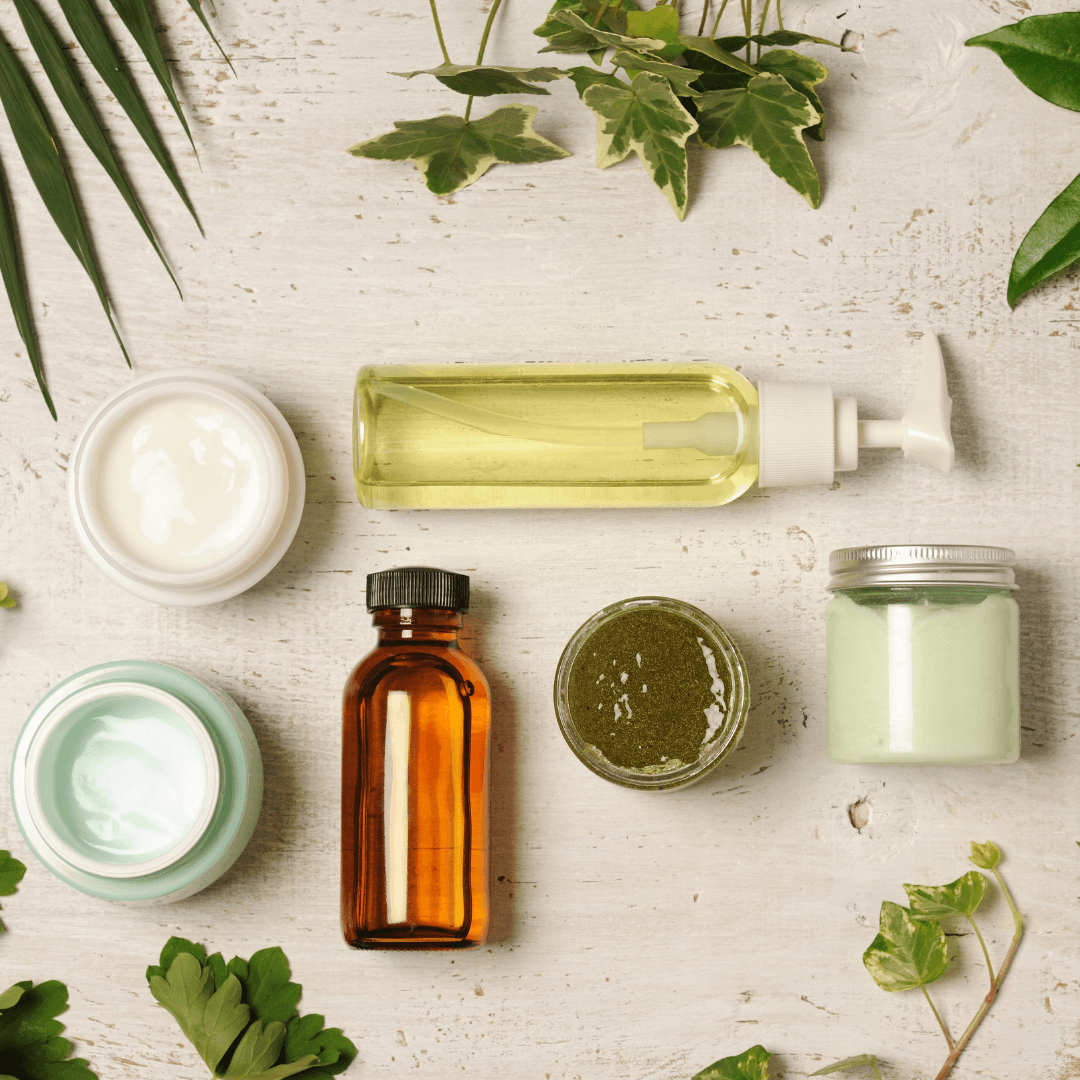
What Are Vegan Cosmetics?
Vegan cosmetics are products formulated without any animal-derived ingredients or by-products.
Unlike traditional cosmetics that may contain substances such as beeswax, lanolin (derived from sheep's wool), carmine (a red pigment from crushed insects), or animal-derived collagen and keratin, vegan cosmetics exclusively utilize plant-based and synthetic alternatives.
Key characteristics of vegan cosmetics include:
1. Plant-Based Ingredients
Vegan cosmetics harness the power of botanical extracts, oils, and waxes to deliver nourishment and performance. Ingredients like shea butter, coconut, and almond oil are moisturizers and emollients.
2. Synthetic Substitutes
In cases where natural alternatives are unavailable or unsustainable, vegan cosmetics may utilize synthetic substitutes to mimic the functions of animal-derived ingredients. For example, synthetic squalene can replace squalene sourced from shark liver oil.
3. Cruelty-Free Testing
Vegan cosmetics often adhere to cruelty-free principles, meaning they are not tested on animals at any stage of product development.
This commitment to ethical testing ensures that no animals are harmed while these products are marketed.
4. Transparent Labelling
Brands producing vegan cosmetics typically provide clear labelling to indicate their commitment to animal-free formulations. Customers can make ethically sound decisions because to this transparency.
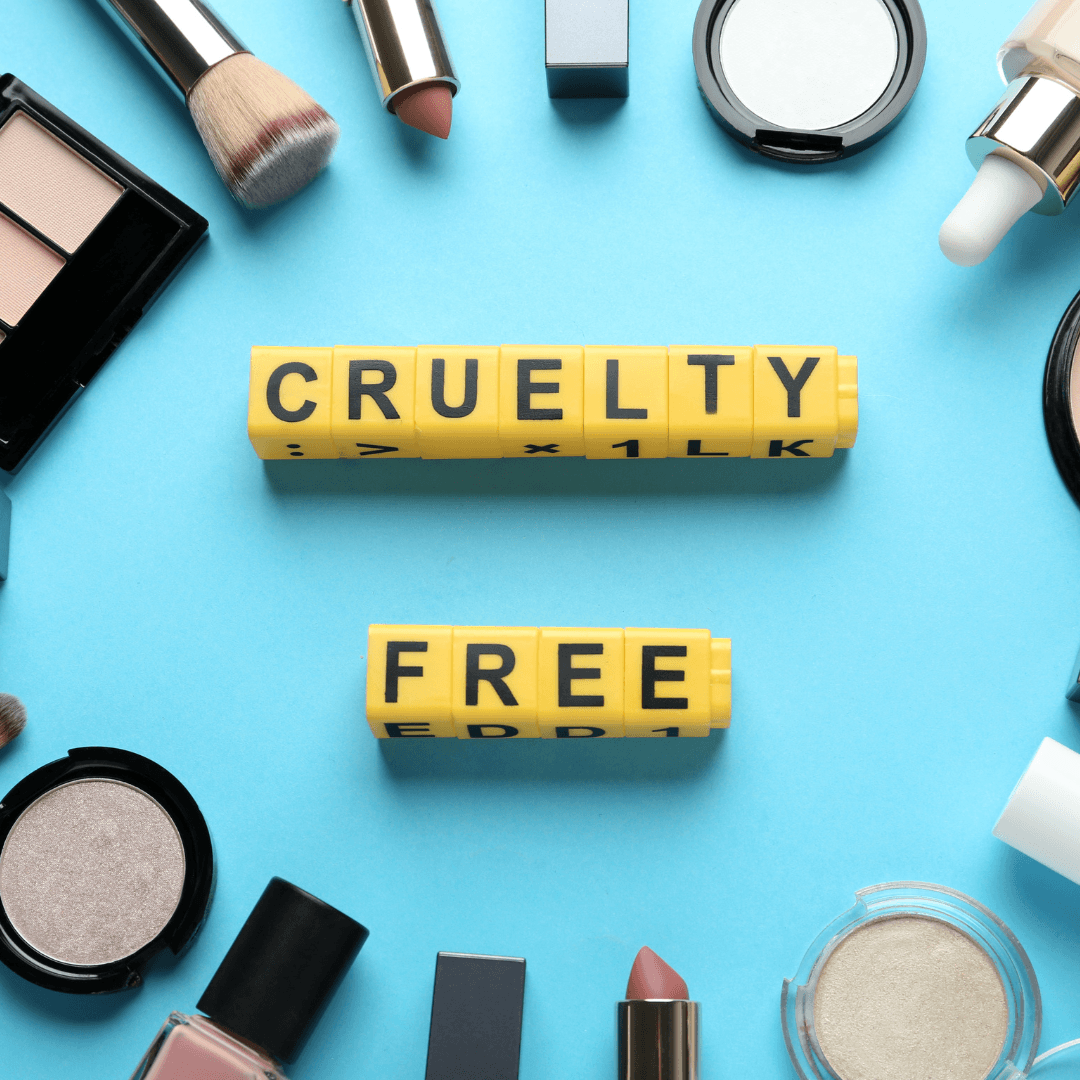
What Are Cruelty-Free Cosmetics?
Cruelty-free cosmetics are products not tested on animals at any stage of their development, from ingredients to finished products.
This commitment extends beyond the final product to include individual ingredients, ensuring no animals are harmed or subjected to unnecessary suffering for cosmetic testing.
Key features of cruelty-free cosmetics include:
1. No Animal Testing
Cruelty-free cosmetics are developed and manufactured using alternative testing methods that do not involve animals. These methods include in vitro testing, computer modelling, and testing on human volunteers.
2. Certifications And Labels
Many cruelty-free cosmetics carry certifications from organizations such as Leaping Bunny, PETA (People for the Ethical Treatment of Animals), or Choose Cruelty-Free, indicating that they adhere to strict cruelty-free standards. Additionally, some brands use labels or logos on their packaging to signify their cruelty-free status.
3. Transparent Sourcing
Cruelty-free brands prioritize transparency in their ingredient sourcing, ensuring that all product components are obtained without harming animals. They often collaborate with suppliers who share their commitment to ethical practices.
4. Global Awareness
The cruelty-free movement extends beyond individual products and brands, advocating for global regulatory changes to ban animal testing in cosmetics.
By supporting cruelty-free cosmetics, consumers contribute to this broader initiative for animal welfare.
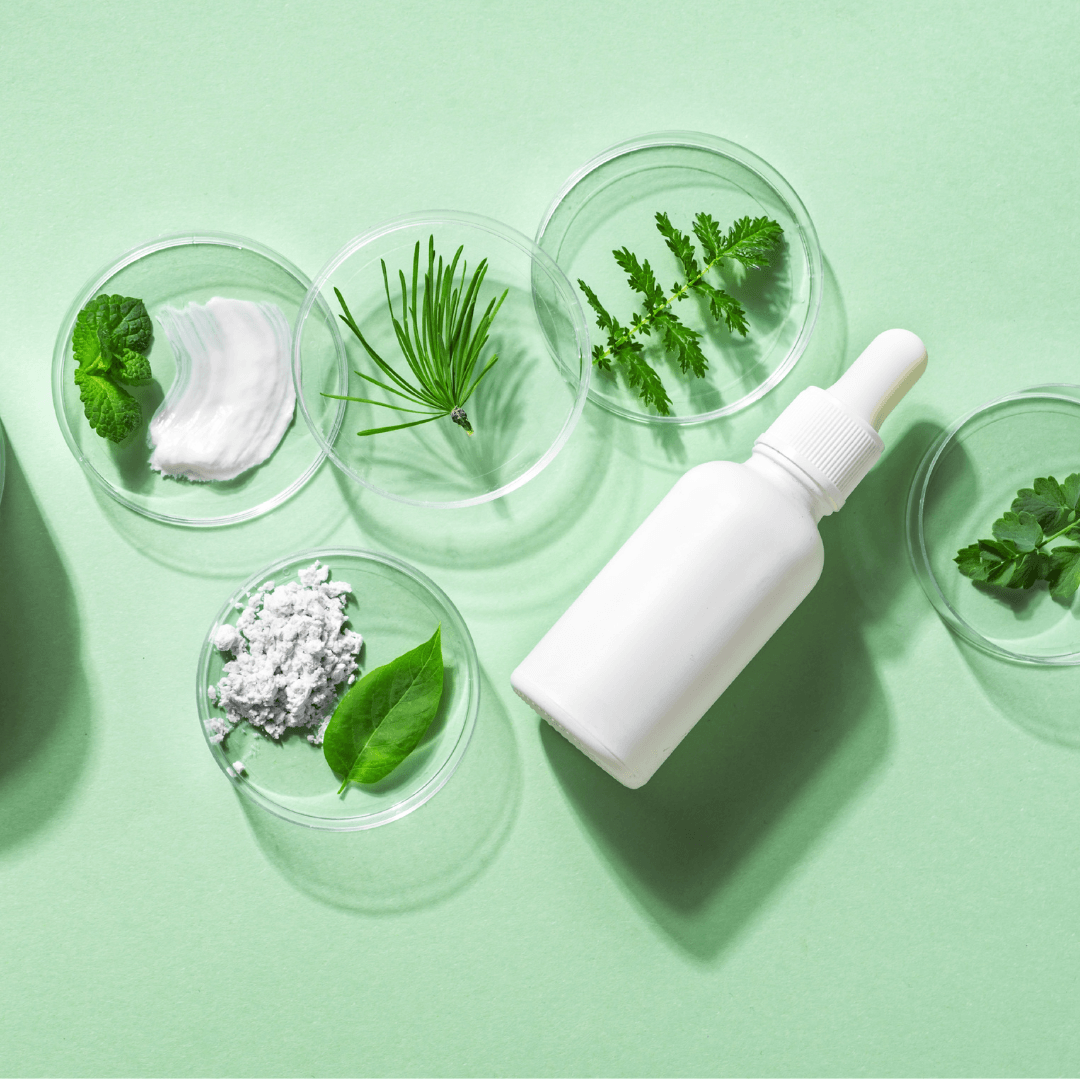
What Are Vegan And Organic Cosmetics?
Vegan and organic cosmetics represent ethical and sustainable beauty practices, embodying a commitment to cruelty-free formulations, organic ingredients, and eco-conscious production methods.
This vegan and cruelty-free beauty guide elaborates on what makes vegan and organic cosmetics unique and why they are gaining popularity in the beauty industry.
Let's delve into the characteristics of vegan and organic cosmetics more elaborately:
1. Plant-Based Ingredients
Vegan and organic cosmetics harness the potency of plants for skincare and makeup benefits.
They provide skincare and beauty products that adhere to strict safety and ethical guidelines while producing noticeable effects.
Meanwhile, plant-based oils such as jojoba, argan, and coconut deliver hydration and nourishment.
Each ingredient is thoughtfully selected for efficacy, safety, and sustainability, embodying a commitment to ethical beauty practices.
By choosing these formulations, consumers indulge in nature's gifts while supporting a compassionate and eco-conscious approach to self-care.
2. Organic Certification
Organic certification is a seal of authenticity for vegan and organic cosmetics, affirming that their ingredients are cultivated and processed without synthetic pesticides, fertilizers, or genetically modified organisms (GMOs).
Organizations like USDA Organic or COSMOS Organic oversee this certification, ensuring adherence to rigorous standards for organic farming and production practices.
By obtaining this certification, brands demonstrate their commitment to transparency, sustainability, and the highest quality standards, empowering consumers to make informed choices that prioritize personal well-being and environmental stewardship.
3. Cruelty-Free
Vegan and organic cosmetics, from individual ingredients to final formulations, uphold a strict no-animal-testing policy throughout their production journey.
Rather than subjecting animals to testing, these cosmetics embrace alternative methods such as in vitro testing and computer modelling, ensuring product safety without compromising animal welfare.
By opting for cruelty-free cosmetics, consumers champion the ethical treatment of animals and actively participate in the movement to eradicate animal testing from the beauty industry.
This conscientious choice reflects a commitment to compassion and aligns with the evolving ethos of a more humane and progressive beauty landscape.
4. Transparent Ingredient Lists
Transparency is paramount for vegan and organic cosmetics brands, which prioritize consumer trust by providing clear and comprehensive ingredient lists.
By openly disclosing all components used in their formulations, these brands empower consumers to make informed decisions about the products they incorporate into their skincare and makeup routines.
This transparency fosters a sense of accountability and enables individuals to avoid ingredients that may trigger allergies or adverse reactions.
By prioritizing transparency, vegan and organic cosmetics brands foster a relationship built on trust and integrity.
5. Environmental Sustainability
Vegan and organic cosmetics are at the forefront of environmental responsibility, meticulously selecting ingredients from sustainable and renewable sources.
By prioritizing eco-friendly options, such as organic farming and fair-trade practices, brands minimize their ecological footprint while supporting communities worldwide.
Additionally, they implement energy-efficient manufacturing processes, reducing greenhouse gas emissions and conserving resources.
Furthermore, these brands opt for packaging materials that can be recycled or biodegraded, aiming to minimize waste and pollution.
Through these concerted efforts, vegan and organic cosmetics exemplify a holistic commitment to personal and planetary well-being.
6. Free From Harmful Chemicals
Vegan and organic cosmetics set a new standard for purity, excluding synthetic chemicals, parabens, sulphates, phthalates, and other harmful substances from their formulations.
Instead, they harness the power of natural and organic ingredients known for their gentle, skin-loving properties.
By prioritizing ingredients free from harsh chemicals, these cosmetics offer a safer alternative, reducing the risk of irritation or adverse reactions.
This commitment to purity promotes healthier skin and aligns with the ethical and sustainable beauty ethos, reflecting a deep respect for personal well-being and environmental harmony.
7. Ethical Sourcing
Vegan and organic cosmetics brands are dedicated to ethical sourcing, emphasizing responsible practices throughout their supply chain.
They collaborate with suppliers who prioritize fair labour practices and support local communities, ensuring that farmers and workers are treated with dignity and respect.
By championing ethical sourcing, these brands foster positive social impact and contribute to sustainable livelihoods.
Moreover, they actively engage in initiatives that empower local communities and promote environmental stewardship, creating a ripple effect of social and economic benefits.
8. Effective Formulations
Vegan and organic cosmetics stand as a testament to efficacy without compromise. They offer skincare and makeup solutions that deliver tangible results while upholding the highest standards of ethics and safety.
These formulations are meticulously crafted, drawing upon the potency of natural and organic ingredients to nourish and rejuvenate the skin.
Whether providing deep hydration, shielding from environmental stressors, or imparting a youthful glow, vegan and organic cosmetics enhance the complexion without harmful chemicals or animal-derived ingredients.
9. Holistic Approach
Vegan and organic cosmetics embody a holistic philosophy toward beauty, acknowledging the profound connection between skincare, wellness, and self-care.
Beyond addressing specific skincare needs, these products serve as catalysts for nurturing the body, mind, and spirit.
They promote overall well-being by integrating natural and organic ingredients, encouraging consumers to indulge in self-care rituals beyond mere appearance enhancement.
Through mindfulness and intentionality, these products foster a deeper connection with oneself and the world, empowering individuals to embrace beauty as an expression of inner harmony and vitality.
10. Certified Vegan
Beyond organic certification, organizations like the Vegan Society approve numerous vegan and organic cosmetics.
This certification assures consumers that the products contain no animal-derived ingredients or by-products, aligning with the principles of a vegan lifestyle and ethical consumerism.
For individuals committed to cruelty-free living or those seeking to avoid animal ingredients for moral reasons, this certification offers peace of mind and assurance that their cosmetic choices reflect their values.
Cruelty-Free Cosmetics
Cruelty-free cosmetics are developed and manufactured without any form of animal testing. This commitment extends to the final products and individual ingredients, ensuring that no animals are harmed or subjected to unnecessary suffering for cosmetic testing in this vegan and cruelty-free beauty guide.
Cruelty-free cosmetics respond to growing consumer awareness and concern regarding animal welfare in the beauty industry.
Key aspects of cruelty-free cosmetics include:
1. No Animal Testing
Cruelty-free cosmetics uphold a steadfast commitment to ethics by eschewing animal testing throughout their development.
From sourcing ingredients to final production, these products never subject animals to testing.
Instead, they embrace alternative methods like in vitro testing, computer modelling, and voluntary human trials.
This unwavering dedication to compassion ensures that beauty is achieved without the unnecessary suffering of animals, aligning with the evolving ethos of ethical consumerism.
2. Certifications
Certifications from respected organizations like Leaping Bunny, PETA, or Choose Cruelty-Free to serve as a beacon of assurance for consumers seeking cruelty-free cosmetics.
These certifications signify that the products have undergone stringent evaluation and meet the strict criteria for cruelty-free status.
By choosing certified cosmetics, consumers can confidently support brands prioritizing animal welfare and ethical practices, aligning their purchasing decisions with compassion and conscientious consumerism values.
3. Transparent Sourcing
Transparency in ingredient sourcing is a cornerstone of cruelty-free cosmetics. Brands meticulously trace the origins of their ingredients, ensuring they are obtained without causing harm to animals.
By fostering collaborations with suppliers who share their ethical values, these brands are committed to cruelty-free practices throughout their supply chain.
The ability to make knowledgeable decisions and feel secure in their selection of products is provided by this transparency, which also helps customers demonstrate their commitment to ethical and animal welfare consumption.
4. Global Awareness
The cruelty-free movement transcends individual products, rallying for global regulatory reforms to eliminate animal testing in the cosmetics industry.
Advocates champion legislative changes to ban animal testing, advocating for ethical practices worldwide.
By choosing cruelty-free cosmetics, consumers support this overarching cause, driving momentum toward a future where beauty products are ethically produced without the need for animal experimentation.
This collective effort reflects a shared commitment to advancing animal welfare and promoting compassionate alternatives in the beauty industry globally.
5. Alternative Testing Methods
Cruelty-free cosmetics embrace innovative alternatives to animal testing, utilizing methods such as in vitro testing, computer modelling, and voluntary human trials.
These progressive approaches ensure product safety without subjecting animals to harm. By prioritizing humane testing methods, cruelty-free brands demonstrate a commitment to ethical standards while promoting advancements in scientific research.
This shift towards alternative testing upholds animal welfare and fosters a more responsible and sustainable approach to beauty product development.
6. Ethical Standards
Cruelty-free cosmetics exemplify an unwavering commitment to ethical standards, championing the welfare of animals and advocating vehemently against animal testing in the beauty sector.
These brands embody integrity, compassion, and responsibility by adhering to cruelty-free principles.
They serve as ethical beacons in an industry where animal welfare is often compromised, inspiring consumers to make conscious choices that align with their values.
Cruelty-free cosmetics redefine industry norms through their steadfast advocacy, promoting a future where beauty is synonymous with compassion and ethical integrity.
7. Labelling
Cruelty-free cosmetics brands prioritize transparency by prominently displaying labels or logos on their packaging, signalling their commitment to ethical practices.
These visual cues serve as a beacon for consumers seeking cruelty-free options, offering a clear and convenient way to identify products aligned with their values.
By providing easy access to cruelty-free labelling, brands enable customers to make decisions that align with their moral convictions.
This transparent approach fosters trust between brands and consumers and catalyzes a shift towards more conscientious consumption in the beauty industry.
8. Consumer Awareness
Growing consumer awareness about animal testing has fueled demand for cruelty-free cosmetics.
As people become more informed about the ethical implications of animal testing in the beauty industry, they seek alternatives that align with their values.
This heightened consciousness has prompted consumers to scrutinize product labels, seek cruelty-free certifications, and actively support brands prioritizing animal welfare.
By driving demand for cruelty-free options, consumers are catalyzing positive change within the beauty industry and advocating for more compassionate and ethical practices.
9. Innovation
The demand for cruelty-free cosmetics has sparked a wave of innovation within the beauty industry, particularly in alternative testing methods and ingredient sourcing.
Brands are increasingly investing in research and development to explore cutting-edge technologies that eliminate the need for animal testing while ensuring product safety.
Additionally, there is a growing emphasis on sourcing ingredients from ethical and sustainable suppliers, further promoting humane practices throughout the supply chain.
This culture of innovation meets consumer demand for cruelty-free options and propels the industry toward a future where beauty is synonymous with compassion and responsibility.
10. Ethical Consumerism
Opting for cruelty-free cosmetics represents a powerful form of ethical consumerism, signalling a dedication to animal welfare and conscientious consumption.
By deliberately selecting products that align with their values, consumers wield their purchasing power to advocate for change within the beauty industry.
This act of ethical consumerism transcends mere transactions, serving as a tangible expression of compassion and responsibility towards animals.
It reflects a conscious decision to prioritize principles over convenience, reinforcing the belief that beauty should never come at the expense of animal suffering.
Ethical consumers drive demand for cruelty-free options through their choices, catalyzing a transformative shift towards a more compassionate and ethical beauty landscape.
FAQ
Is Vegan The Same As Cruelty-Free?
Answer: While there can be overlap, “vegan” and “cruelty-free” aren't synonymous. Vegan items don't contain any components originating from animals, and cruelty-free products don't involve animal testing.
Some products may be one or both, but checking labels for specific certifications is essential to ensure alignment with personal values.
Conclusion
In conclusion, the journey towards vegan and cruelty-free beauty guide vegan and cruelty-free beauty is a testament to our commitment to ethical values and sustainability.
By choosing products aligned with these principles, we advocate for animal welfare while contributing to a more compassionate and responsible beauty industry.
Each purchase becomes a statement of our dedication to kindness and conscientious consumption, shaping a future where beauty harmonizes with compassion.
Let's continue prioritizing products that reflect our values, empowering ourselves and others to make informed, ethical choices.
Together, we can foster a world where beauty resonates with integrity, empathy, and respect for all living beings.
I trust you enjoyed this article about the Best Vegan And Cruelty-Free Beauty Guide. Please stay tuned for more blog posts soon. Take care!
JeannetteZ
>>>Please click here to read my Vegan Travel Guides To World Destinations<<<
>>>Want To Learn How To Create Delicious, Cruelty-Free, Healthy AND 100% Vegan Meals? Try These Awesome Vegan Cooking Courses With A Free 7-DAY MEMBERSHIP<<<
Your Opinion Is Important To Me
Do you have thoughts, ideas, or questions? I would love to hear from you. Please leave me your questions, experiences, and remarks about the Best Vegan And Cruelty-Free Beauty Guide article in the comments section below. You can also email me at Jeannette@LivingTheVeganLifestyle.org.
Disclosure
This post may contain affiliate links. I earn from qualifying purchases as an Amazon Associate and other affiliate programs. Please read my full disclosure.
Here are links to some of my favourite articles:
Authentic Vegan Recipes Of India
Best Vegan Brunch Recipe Ideas
Best Nonmeat Sources Of Vitamin B12
Best Vegan Barbecue Foods For Your Next Cookout
Animal Rights vs Animal Welfare

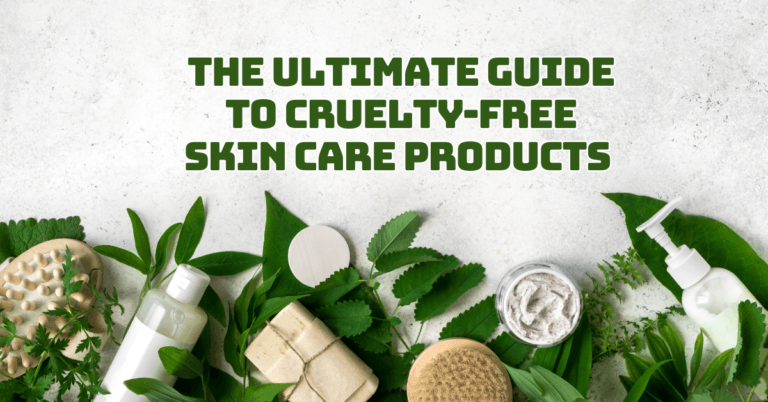
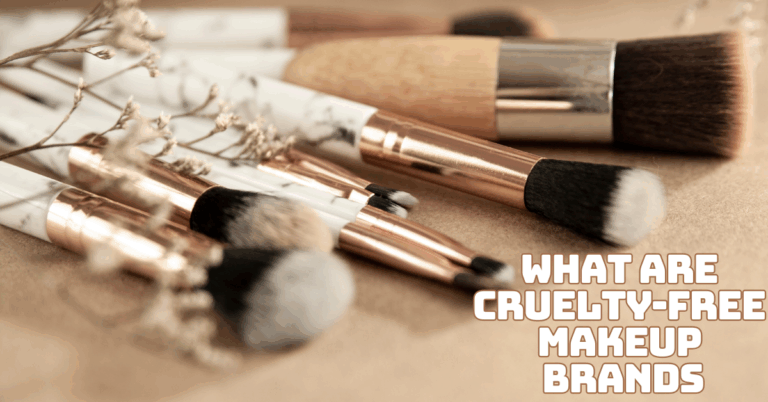
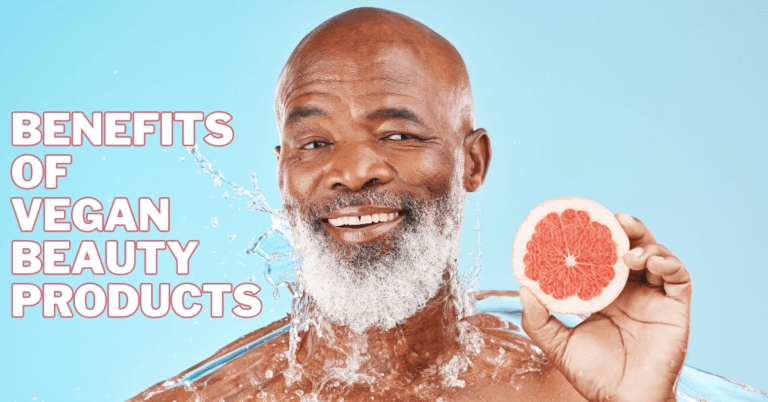
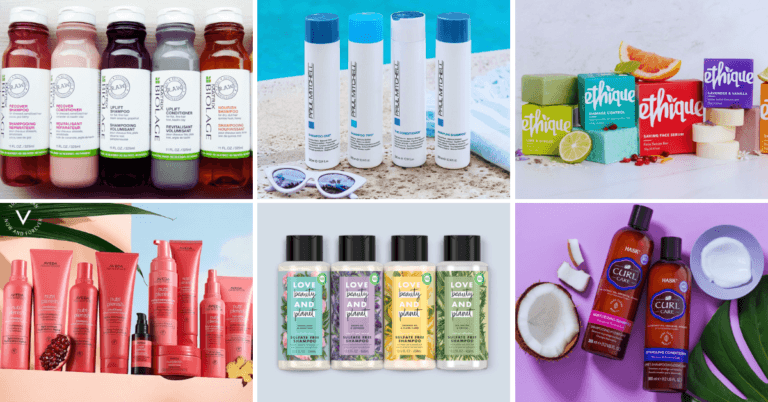
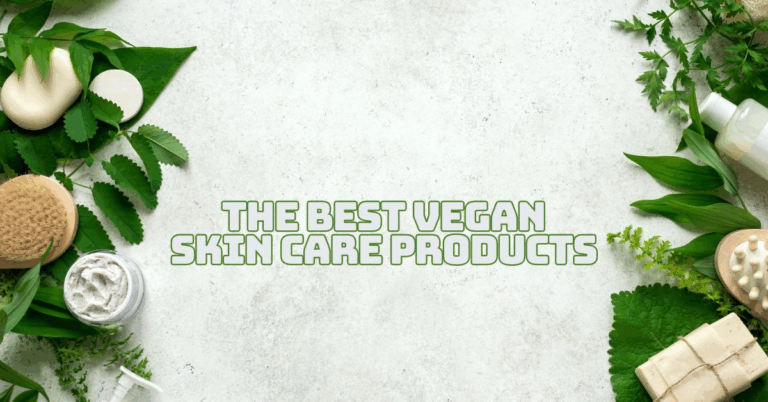
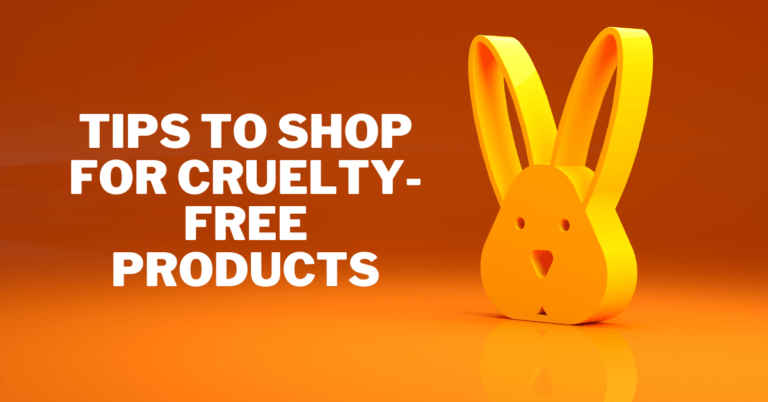
I love that there are so many vegan and cruelty-free options available! I am vegan as well, so I pay attention to what I buy, doing my best to get vegan and cruelty-free products. I heard that Lush is really good. I have also tried Jason toothpaste and it’s great! What do you recommend for cleaning products? Are there any good cruelty-free brands that you recommend?
Excellent question, Christine. I started researching Cruelty-Free Vegan Cleaning Products for a new blog post. There is a third criterion for cleaning products. They have to be non-toxic for people and pets.
Because of this, I use old-fashioned vinegar and water for floors and all other surfaces. I also use baking soda for many cleaning jobs, except for aluminum pans, antique silver, gold plated items and maybe marble.
I love the Little Twig products. They are vegan, cruelty-free and environmentally friendly. The other product line I use is Ecover for dish wash soap. I rarely use dish wash soap since we are on a fat-free and mainly raw vegan diet. We do make our own dog/cat food, though, so that’s where I use it to wash the raw meat dishes.
Which cleaning products do you use?